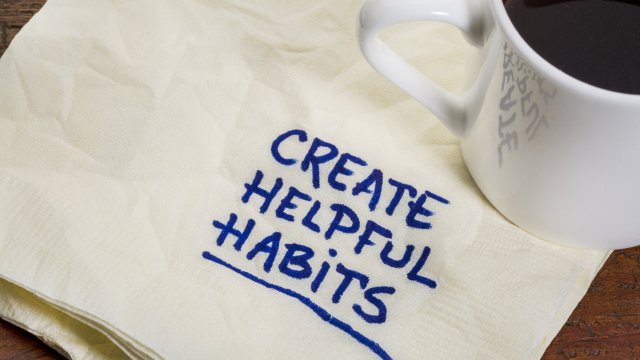To Keep From Overcommitting, Treat Time Like Money

If you think you have a productivity problem, you’ve probably got an overcommitment problem, says Elizabeth Saunders at the Harvard Business Review.
In her experience as a professional time coach for clients with extremely busy schedules, an attempt to squeeze 160 hours into a 40-hour workweek is more typical than someone who is grossly inefficient or “doing things the wrong way.”
Just like money, time is a finite resource, says Saunders. If you’re spending it on one thing, you’re not spending it on something else.
The most essential factor in feeling like a success or failure when it comes to time management is measuring your expectations. If you’re being unrealistic, you probably feel stressed, and guilty about not finishing everything just right. Saunders recommends creating a daily time budget:
24 hours = self-care + internal expectations + external expectations
Self-care means the basic essentials: having meals, grooming, and sleeping.
Internal expectations are commitments to yourself, such as exercising, reading, meditating, or working on side projects.
External expectations mean time owed to others, including commuting time, pet care, family time, and other leadership or community commitments.
When it comes to calculating how many hours you’re willing to dedicate to each activity, consider the advice that SAP CEO Bill McDermott gave during his Big Think interview: giving your time first to loved ones can inspire you to do great things in your professional life.
“I truly believe the prioritization of family and business cannot be strongly stressed enough by any executive. Because the best executives are the ones that have always put family first. It also makes them much more productive in the office. I get credit at home for being a good executive in the office, but the credit that I’m really interested in is: Am I a good dad? Am I a good husband? And if I can pull that off as well as being a good brother and a good son, I’m much more productive in my work life.”





